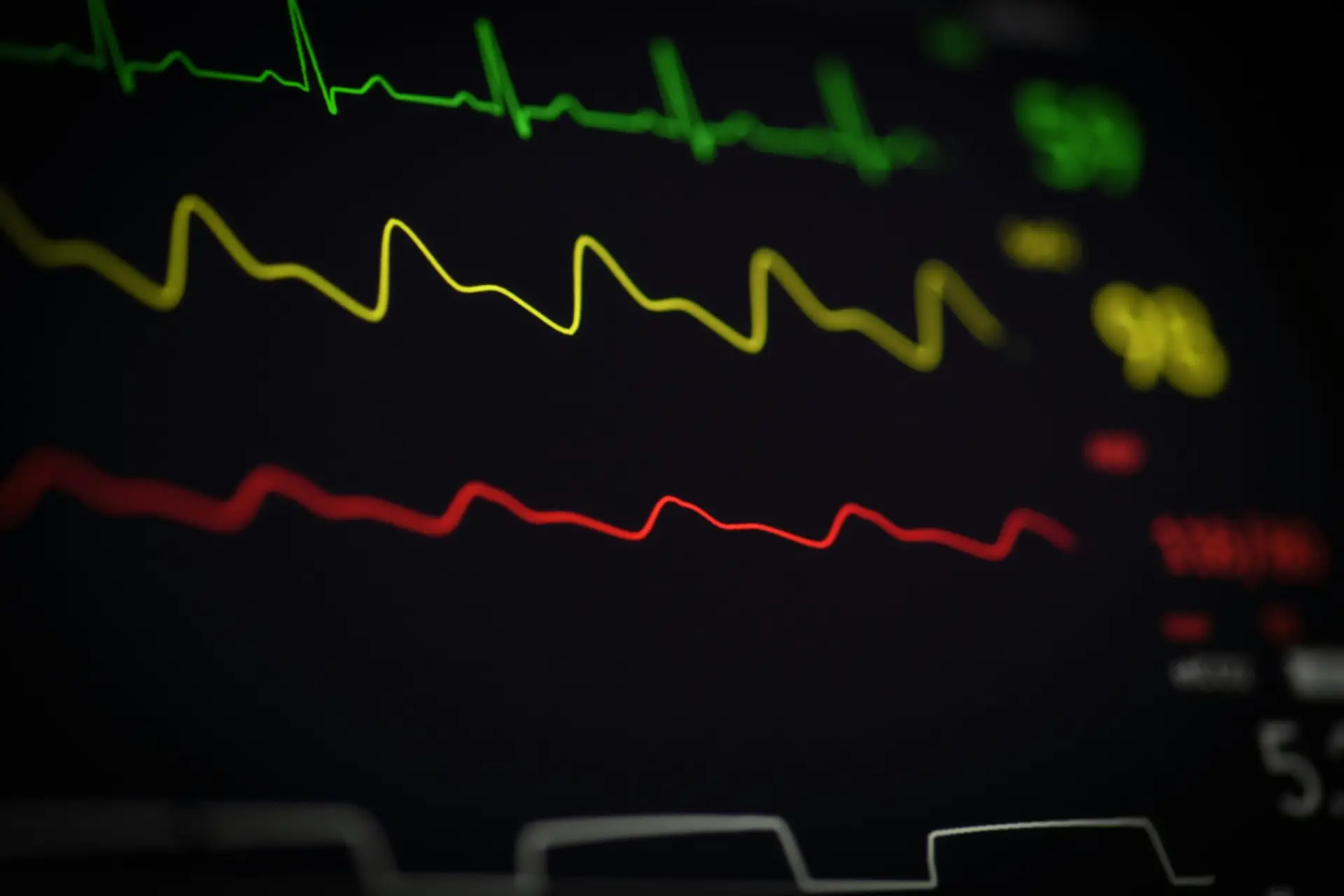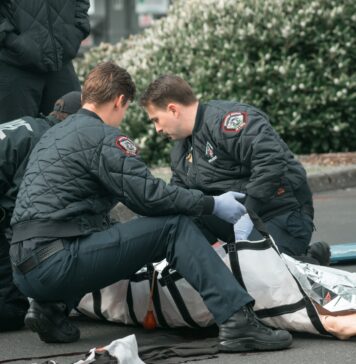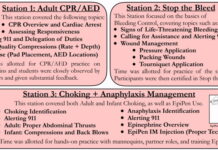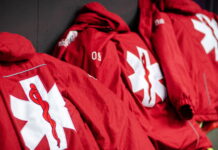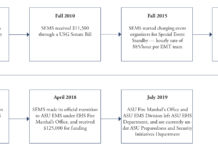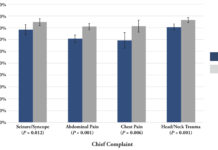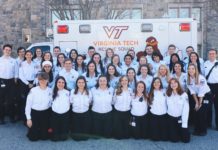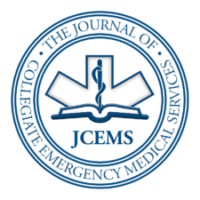Assessing the Adequacy of Behavioral Health Training for Collegiate EMTs
This study aimed to assess EMT self-reported preparedness for behavioral emergencies and to compare behavioral call experience to preparedness.
Heart Rate and Heart Rate Variability as Indicators of Stress in Emergency Medicine Residents...
The authors measured stress-induced heart rate and heart rate variability of emergency medicine residents during a pulseless electrical activity cardiac arrest scenario.
Promoting Youth Emergency Preparedness through Lifesaving Emergency Skill Workshops
Members of Harvard CrimsonEMS expanded outreach to high-school students to create a more medically-literate youth community.
Development of a Mass Gathering Medicine Training Program for Novice Collegiate EMS Providers
New training and protocols have promoted better team dynamics, higher staff confidence, and more efficient patient care.
A Survey of Canadian, Student-Run Campus Emergency Medical Response Teams
Formosa et al. provide an overview of Canadian student-run campus emergency medical response teams, examining aspects including training, operations, and organizational status.
Reflecting and Rebuilding after 2020
The JCEMS Team reflects on the challenges of 2020, the courage and compassion of collegiate EMS providers, and the next steps for the collegiate EMS community to move forward.
From Volunteer Student Organization to Official Division of a University Department
Student Emergency Medical Services (SEMS) at Arizona State University (ASU) began as a student-run volunteer organization in 2008.
Checklists Improve EMS Documentation
Alatis et al. found that a quality improvement (QI) project focused on documentation via checklists can improve the inclusion of key documentation criteria on electronic patient care reports (ePCRs) in a collegiate-based EMS system.
Interview with Virginia Tech Rescue Squad
Chief Jake Martin discusses Virginia Tech Rescue Squad's rigorous training program and the squad's unique role as a collegiate-based EMS agency operating at the ALS level.
Interview with University of Dayton EMS
Grace Scharf, the Public Relations Officer of the University of Dayton EMS, shares her agency's tips for organizing a terrific celebration during Collegiate EMS Week.


